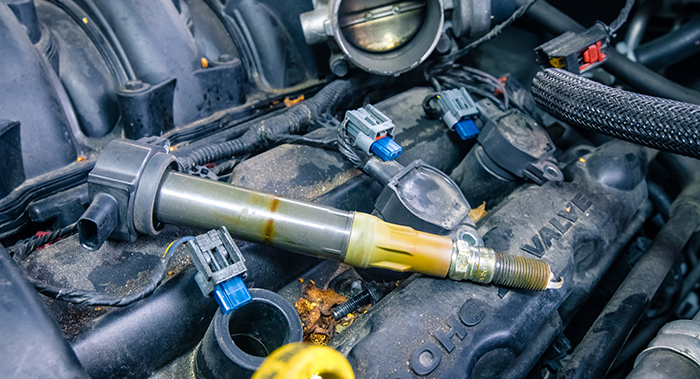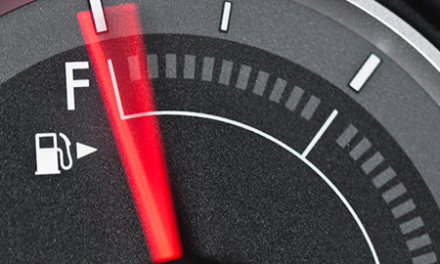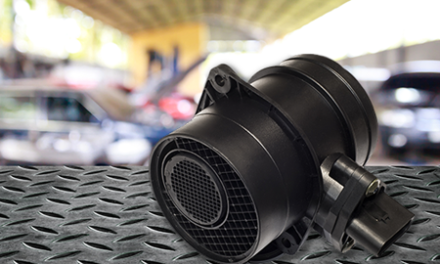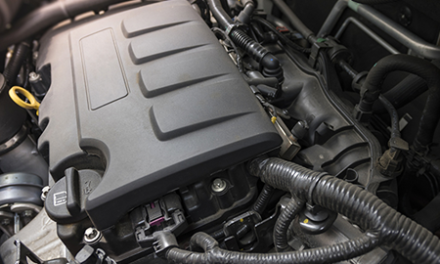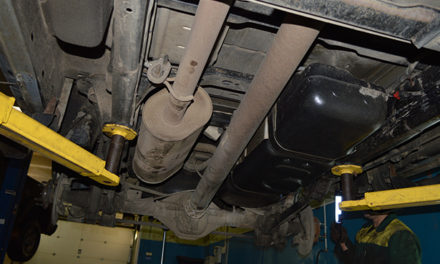If your car is not starting, it could be due to a number of reasons, one of which could be an ignition system problem. In order to diagnose problems in the ignition system, it’s important to break it down into the following parts: spark plug, coil, spark plug wires, distributor and ignition module and then check through each component.
SPARK PLUGS: If your spark plugs are corroded, dirty, or not gapped correctly, it could cause ignition failure. Start with a spark test to check the overall function of the ignition system. If you do not get a spark at the wire, then check the coil & ignition system.
COIL: To check the coil, disconnect the coil to distributor wire from the distributor, connect it to the spark plug tester and then check for spark by cranking the motor. If you are getting spark at the coil, then the coil is not the issue. You can also test the coil with a voltmeter. It should get a reading of within 0.5 volts of battery voltage.
SPARK PLUG WIRES: If the spark plug wire between the coil and distributor goes bad, you will lose spark on all cylinders and it will cause complete ignition failure. The easiest way to test your spark plug wires is to put a digital ohm meter on them & check the resistance.
DISTRIBUTOR: Because the cap and rotor can wear out, check them first before looking further at the distributor. If they are in good shape, test your distributor with an ohm meter. Also, check the condition on the pickup coil inside the distributor. Check it using the service information for your vehicle.
IGNITION MODULE: If the distributor checks out, the last step is to check the ignition module or the wires that connect it to the other parts of the system. Make sure the wires are not broken and the connection terminals are not corroded. You can also use a meter to check for continuity.
If all of the parts of the ignition system check out and you still have a problem, it is most likely with your fuel system.
Visit the “downloads” section at fuelpumpu.com for fuel system diagnosis and troubleshooting.

